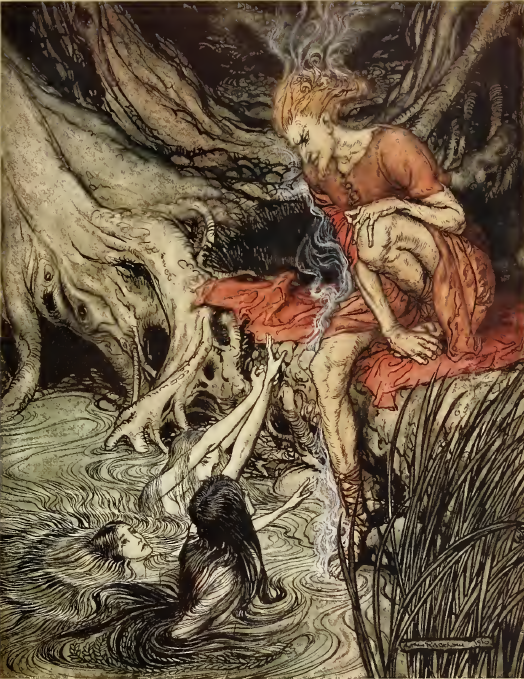Culture
Column: Welcome to Straightbook
|
Pagan Perspectives
Today’s column comes to us from Storm Faerywolf, whose column covers the intersection of Paganism and queer identities. Storm is a professional author, experienced teacher, visionary poet, and practicing warlock, and is author of “Betwixt & Between” and “Forbidden Mysteries of Faery Witchcraft.” He lives with his two loving partners in the San Francisco Bay area and travels internationally teaching the magical arts. For more, visit faerywolf.com. The Wild Hunt always welcomes submissions for the weekend section. Please send queries or completed pieces to eric@wildhunt.org.

